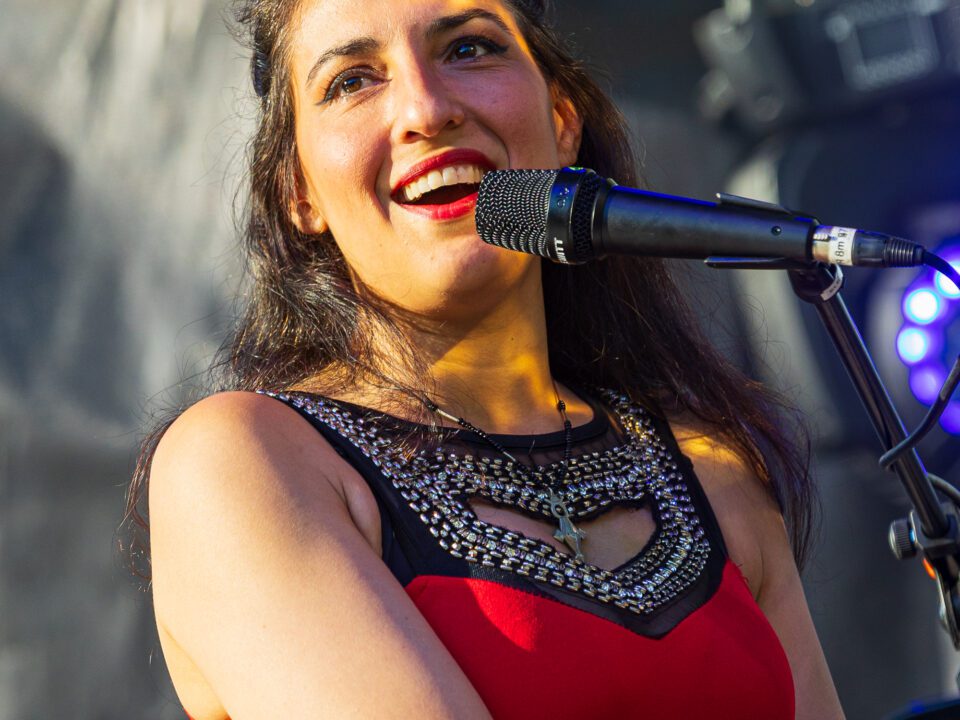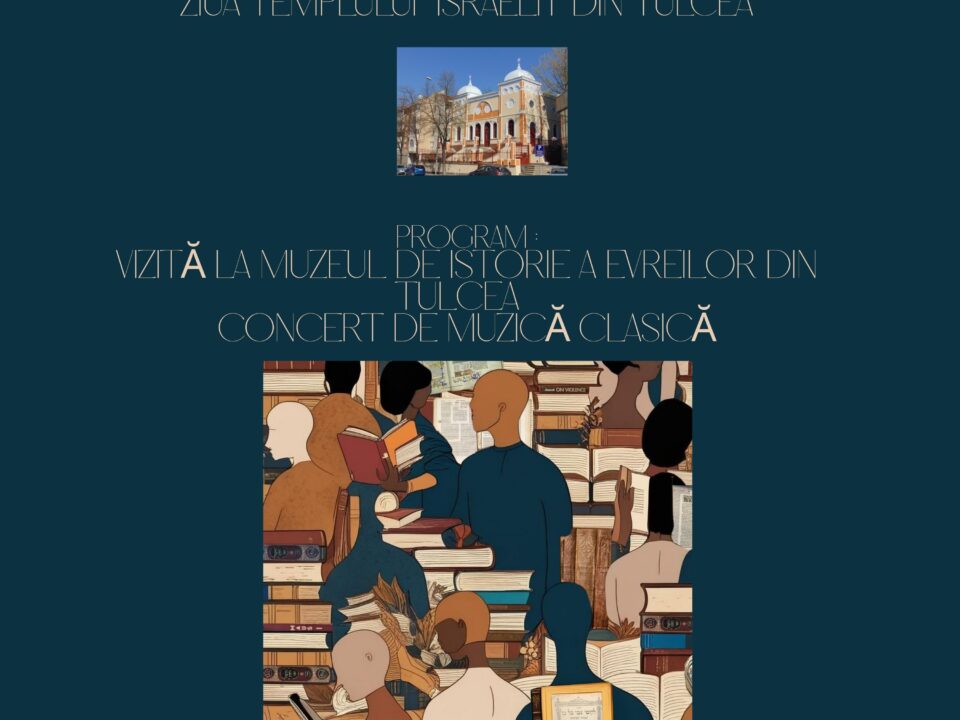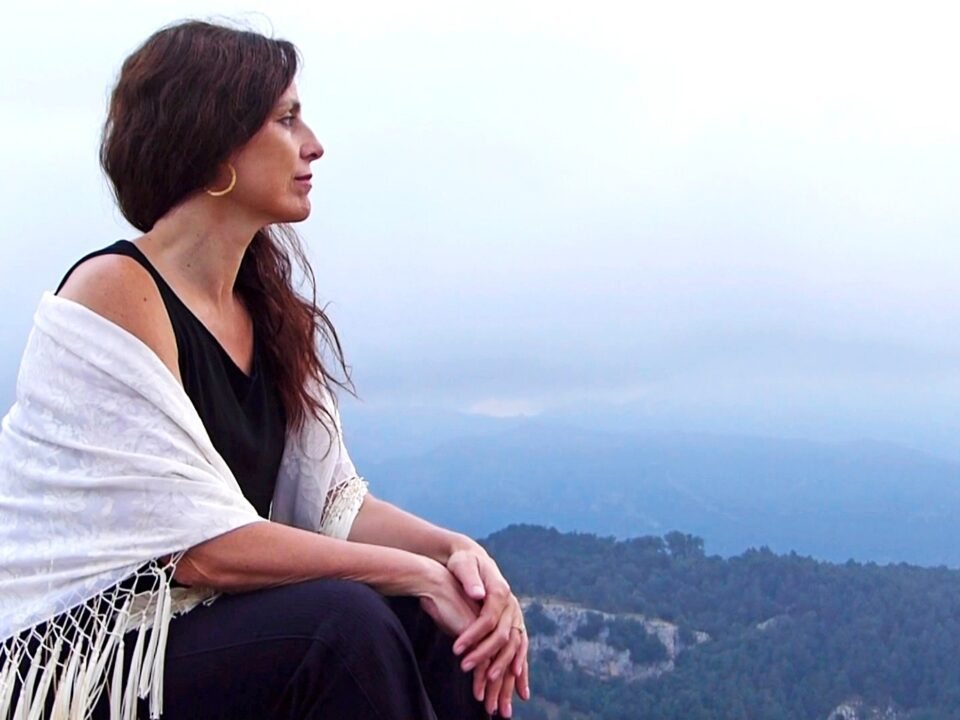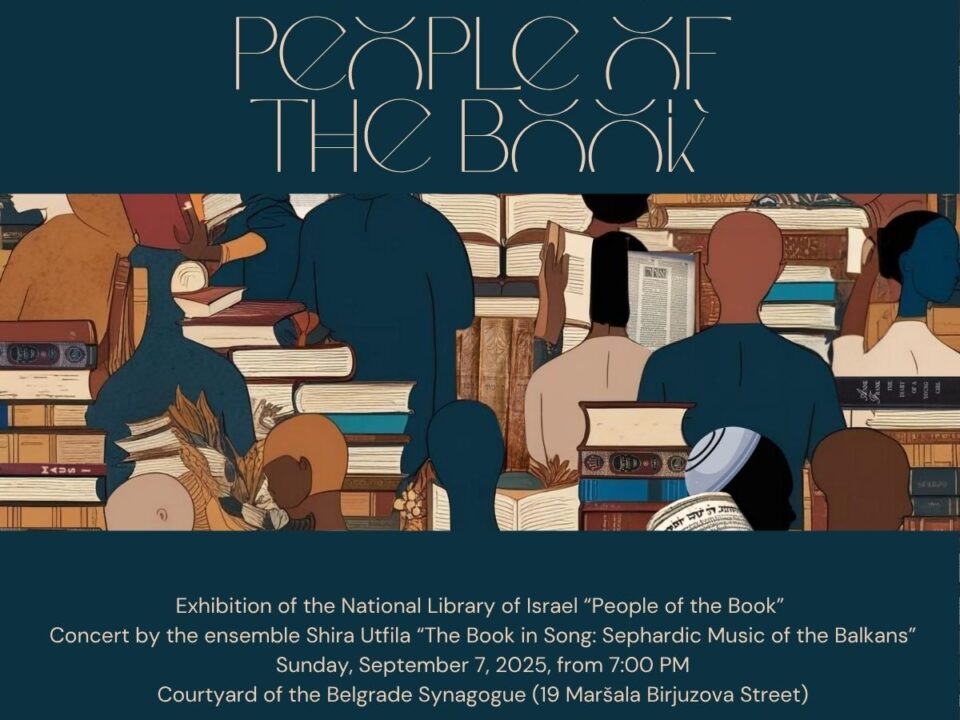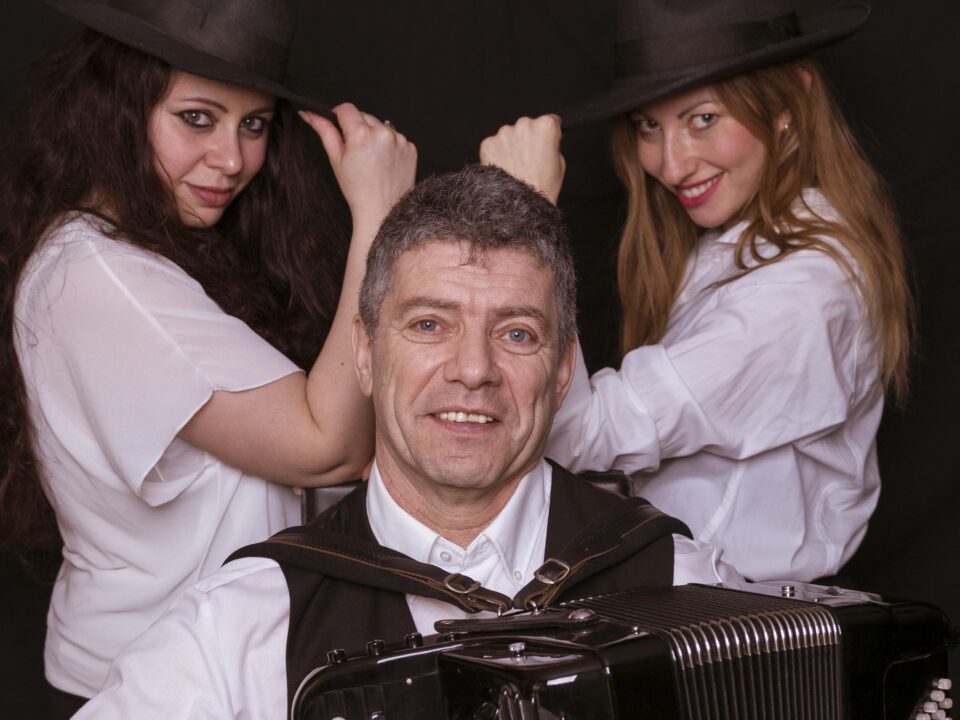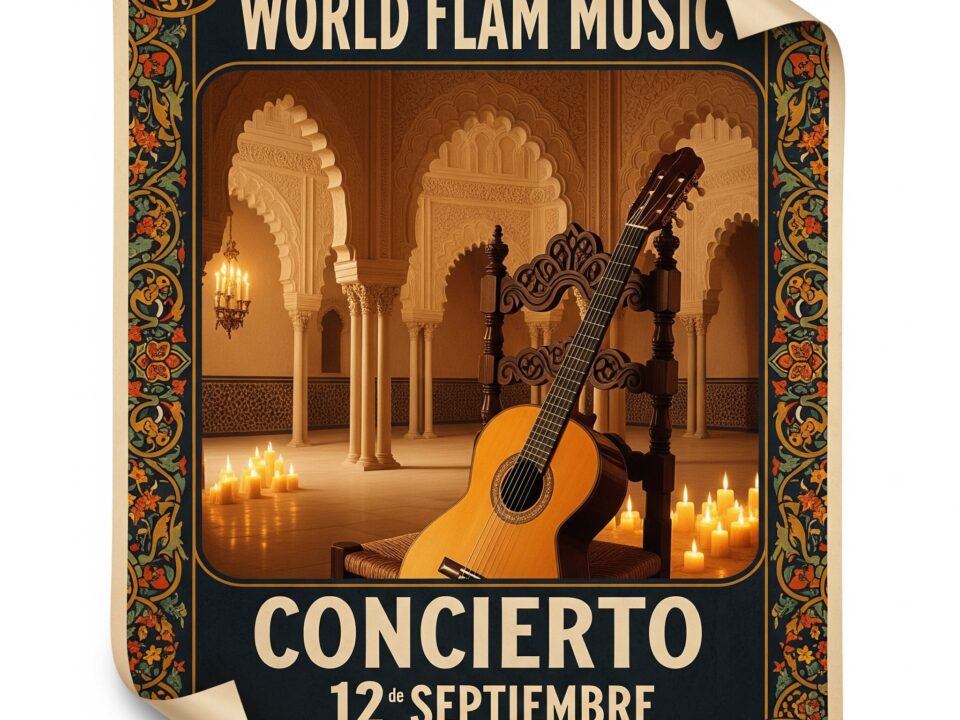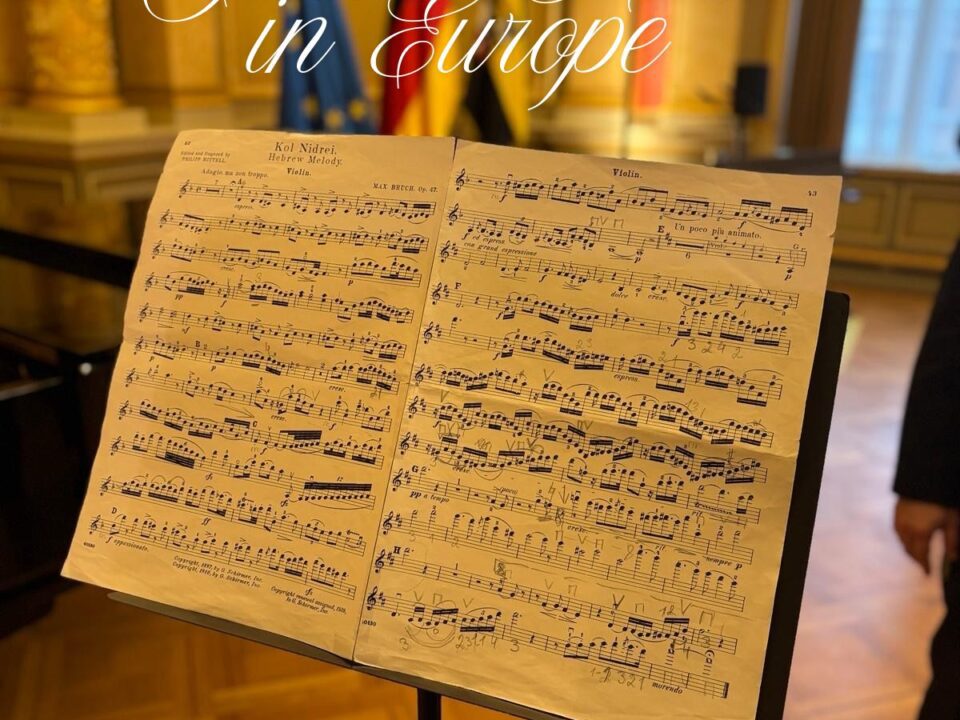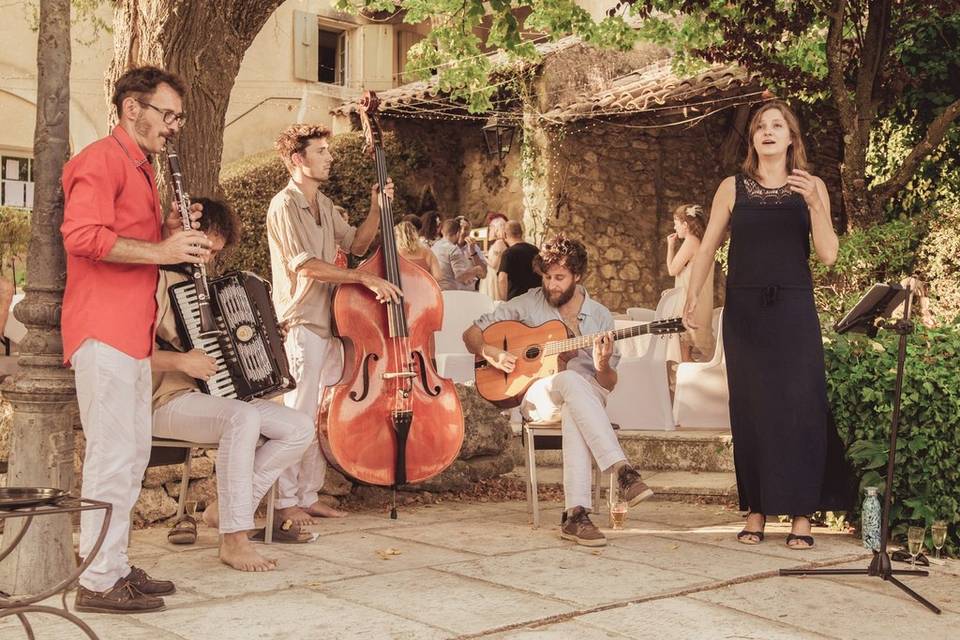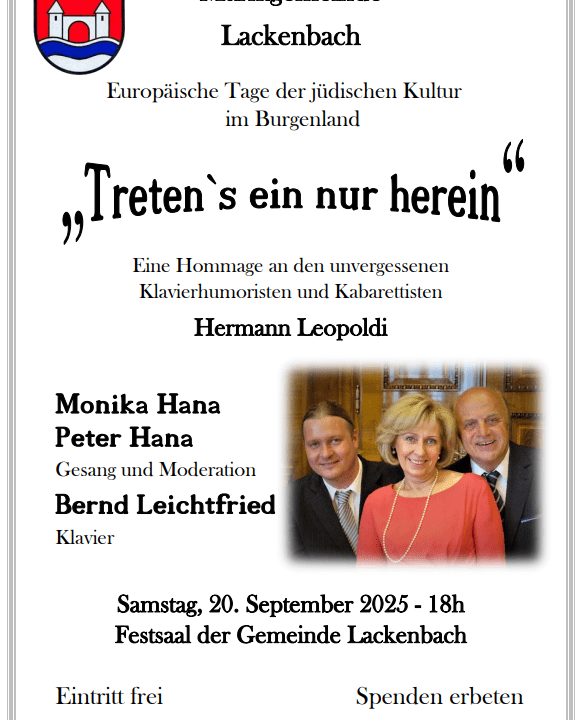Nani Vazana is a Ladino singer and songwriter with an irresistible stage presence and a voice that transports you from ancient markets to modern jazz clubs in one breath. In 2024, she won the Eurovision Song Contest for National Minorities, representing Netherlands with her original song Una Segunda Piel (Second Skin) in the endangered Ladino language.
Nani heard Ladino from her Moroccan grandmother, but her grandmother spoke it in secret because Nani’s father forbade any language other than Hebrew to be spoken at home. Nani grew up listening to her grandmother sing songs in the kitchen, in this mysterious language that no one else could understand. These memories inspired Nani to breathe new life into Ladino, the nearly lost language of Sephardic Jews, through flamenco-inspired vocals. Her songwriting blends Sephardic fairy tales with contemporary storytelling, and the sounds and smells of the marketplace with flamenco drama.
This concert will open the festival "Month of Jewish Culture 2025."
Untill September 28th Osijek will host more than 30 various events.
